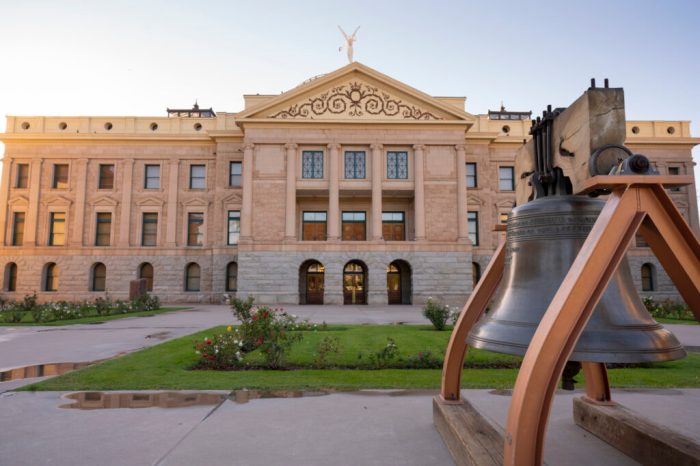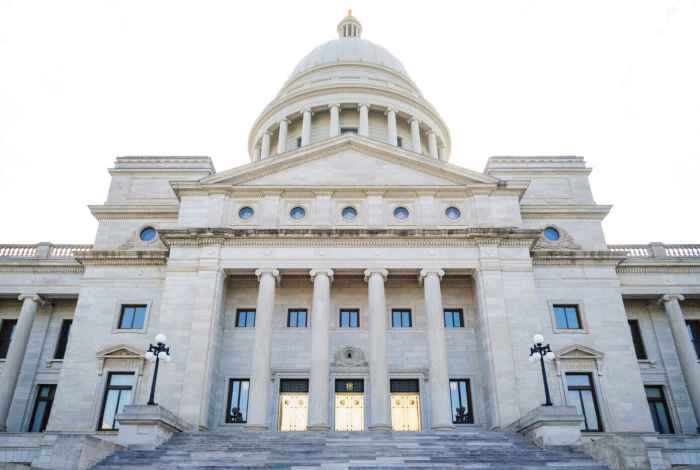Examples of obstructing governmental operations provide a fascinating lens through which to examine the intricate interplay between law enforcement and societal order. This article delves into the nuances of this offense, exploring its distinct characteristics, common methods, and far-reaching implications.
From protests that disrupt essential services to cyberattacks that cripple government systems, the spectrum of obstructive tactics is vast and ever-evolving. By examining real-world cases, we gain a deeper understanding of the legal consequences and societal impact of such actions.
Obstruction of Governmental Operations vs. Obstruction of Justice: Examples Of Obstructing Governmental Operations

Obstruction of governmental operations and obstruction of justice are two distinct offenses that involve interfering with the functioning of government. While they share some similarities, there are key differences between the two.
Obstruction of justice focuses on interfering with the administration of justice, such as by preventing witnesses from testifying or destroying evidence. On the other hand, obstruction of governmental operations is broader and encompasses any action that hinders the functioning of a government agency or official.
Examples of Obstruction of Governmental Operations
- Blocking access to a government building or meeting
- Interfering with the work of government employees
- Threatening or intimidating government officials
- Refusing to comply with lawful orders or regulations
Methods of Obstructing Governmental Operations
There are numerous methods that can be used to obstruct governmental operations, including:
- Physical obstruction:Blocking access to government buildings, disrupting meetings, or preventing officials from carrying out their duties.
- Verbal obstruction:Threatening, intimidating, or harassing government officials or employees.
- Legal obstruction:Filing frivolous lawsuits or using other legal tactics to delay or impede government operations.
- Cyber obstruction:Hacking into government computer systems or websites to disrupt operations or steal information.
Examples of Obstructing Governmental Operations
In recent years, there have been several high-profile cases of obstruction of governmental operations. One example is the case of the January 6, 2021 attack on the US Capitol, where a mob of rioters stormed the building in an attempt to prevent Congress from certifying the results of the 2020 presidential election.
Another example is the case of the Trump administration’s refusal to cooperate with the House of Representatives’ impeachment inquiry in 2019. The administration refused to provide documents or allow witnesses to testify, which obstructed the inquiry’s ability to investigate allegations of wrongdoing by President Trump.
Legal Procedures for Addressing Obstruction of Governmental Operations
The legal procedures for addressing obstruction of governmental operations vary depending on the jurisdiction. In the United States, obstruction of governmental operations is a federal crime that can be prosecuted by the Department of Justice.
The penalties for obstruction of governmental operations can be severe, including fines and imprisonment. In some cases, individuals convicted of obstruction of governmental operations may also be subject to civil penalties.
Prevention and Mitigation of Obstruction of Governmental Operations, Examples of obstructing governmental operations
There are a number of measures that can be taken to prevent and mitigate obstruction of governmental operations, including:
- Strengthening laws and regulations:Governments can strengthen laws and regulations to make it more difficult to obstruct governmental operations.
- Increasing public awareness:Governments can increase public awareness of the importance of governmental operations and the consequences of obstructing them.
- Training law enforcement:Governments can train law enforcement officers to identify and respond to threats to governmental operations.
Expert Answers
What are the key differences between obstruction of justice and obstruction of governmental operations?
Obstruction of justice focuses on impeding specific legal proceedings, such as trials or investigations, while obstruction of governmental operations targets the broader functioning of government agencies and their ability to carry out their duties.
What are common methods used to obstruct governmental operations?
Methods include physical disruptions, cyberattacks, intimidation of officials, and dissemination of false information intended to undermine public trust in government institutions.

